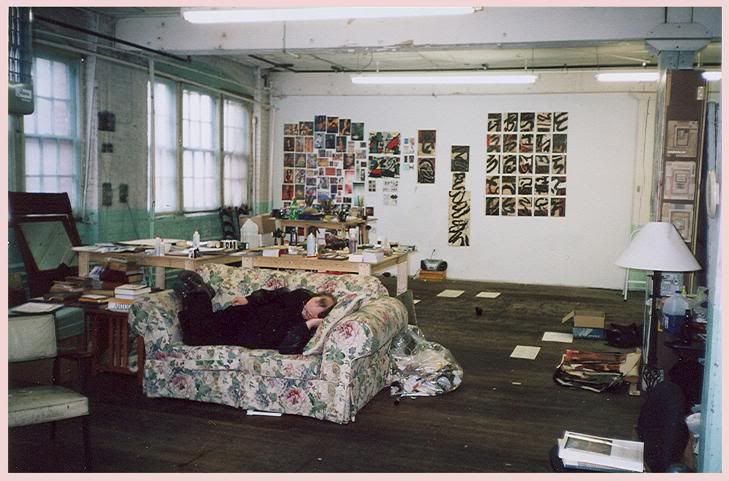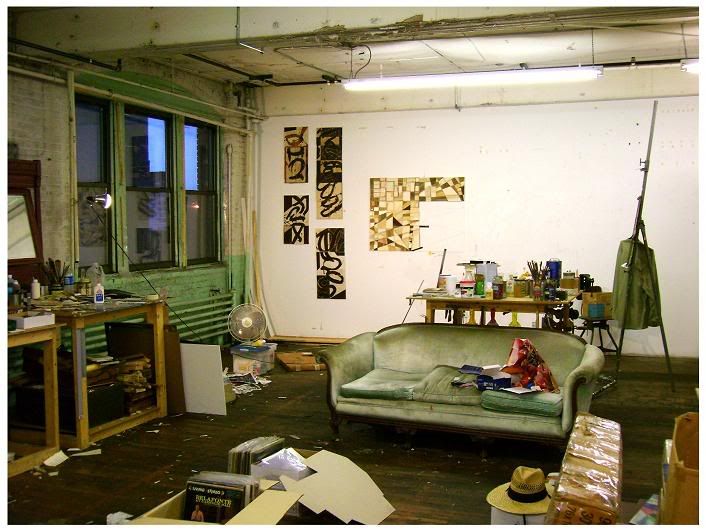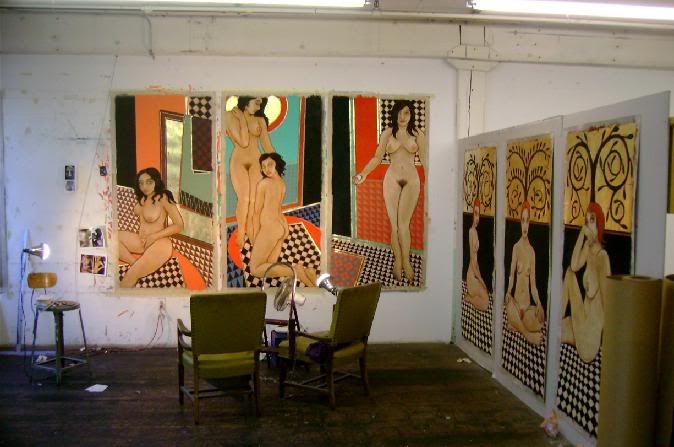I know the reality is the real, the tiredness, the misery, but I prefer the unreality of imaginary bliss, I prefer the untrue, true, literary life.
And that`s before you`ve started on the absinthe!
Ha, ha - yes I am a screwed up individual - sometimes I talk such rubbish that even I don't know what I am saying!
Back to the topic I always think that in order to live the true literary life (or the untrue, true literary life) a person has to be totally financially independent, someone who does not
need to work to earn a living. Such people as artists or writers are able to live outside of the social system in some way and are allotted, therefore, some form of true individuality. I'm thinking of particular of the poets who had patrons as in Wordsworth and Coleridge or those of their own means like Byron and Shelley. It would have been very difficult for these people to write how they did if they had to contend with 50/60 hours labour a week at their particular time of living, in the harsh times of early 19th C Britain.
I am not saying that you can't be an artist with a day job, but it is a damn sight easier if you don't have to. I would also suggest that the pure artist is one who doesn't have to conform to any particular audience or public, the true artist produces for him/herself alone and is able to create what the hell they want free from outside influence.
All of this is just the stuff of "The Soul of Man Under Socialism" I suppose, Wilde again in most ways. Wilde was a fan of absinthe too of course.








 Reply With Quote
Reply With Quote








 . I intuit that you have a discipline which does not fail your intelligence; mine did. I went through my first semester a virtual drunkard and made the dean's list anyway. By my senior year I was tired and wanted to get on with the business of living, so I've always been half-baked. A peasant like Pilar, with Pilar's looks too, but whose inner fire managed to get her some pleasant sexual adventures, but a Pilar with education, but education not refined enough to play in the intellectual pissing matches between The New Republic's Jewish coterie and the Harvard feminist warriors who push back against it,
. I intuit that you have a discipline which does not fail your intelligence; mine did. I went through my first semester a virtual drunkard and made the dean's list anyway. By my senior year I was tired and wanted to get on with the business of living, so I've always been half-baked. A peasant like Pilar, with Pilar's looks too, but whose inner fire managed to get her some pleasant sexual adventures, but a Pilar with education, but education not refined enough to play in the intellectual pissing matches between The New Republic's Jewish coterie and the Harvard feminist warriors who push back against it, , a decent enough writer to keep getting published, but either not lucky or not talented enough to break through, not yet, anyway.
, a decent enough writer to keep getting published, but either not lucky or not talented enough to break through, not yet, anyway.

